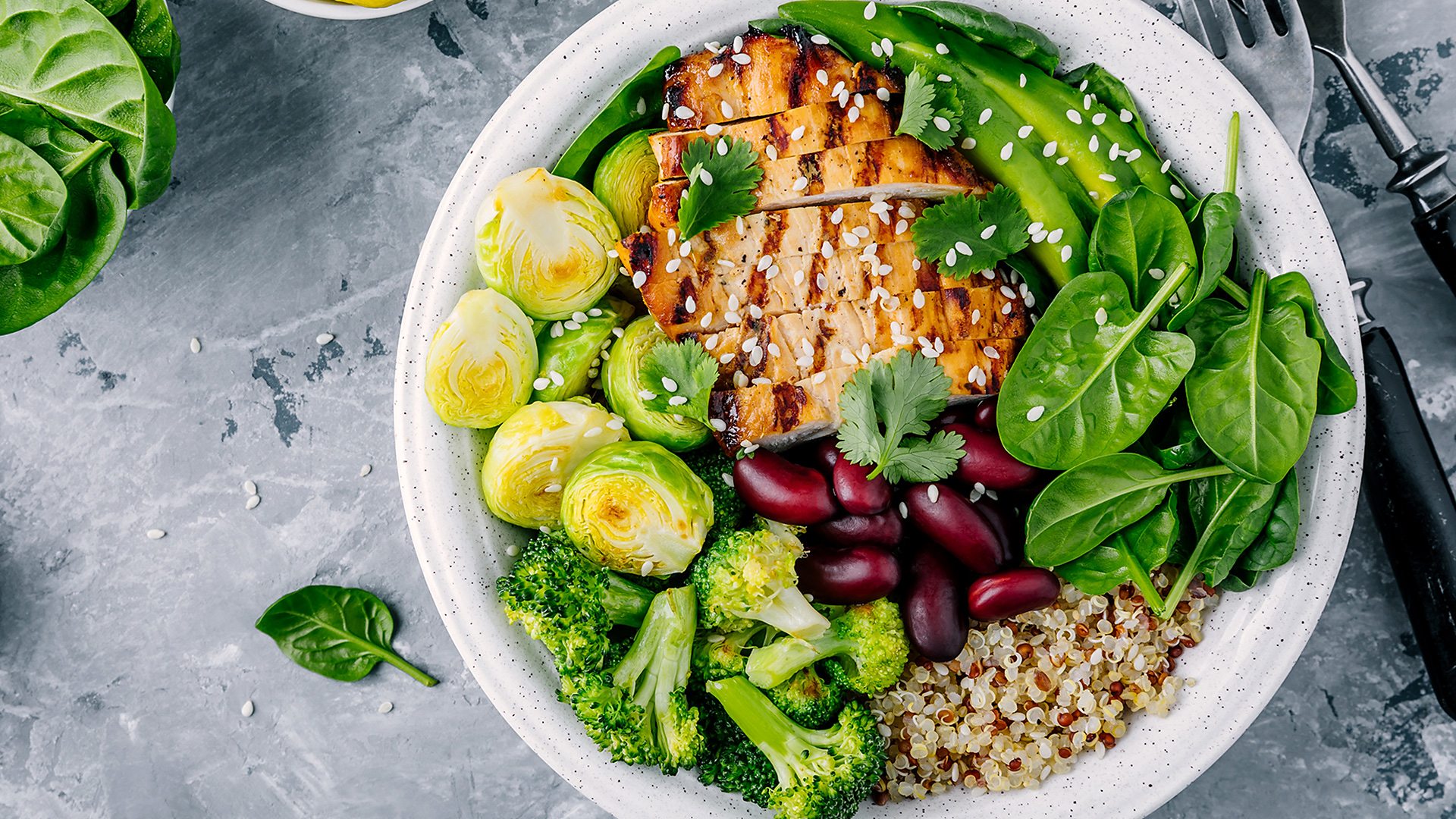10 Healthy Habits of Football Players That You Need to Know
Football players must have healthy habits if they

Football players must have healthy habits if they are to perform at their peak, both on and off the field. This can be a challenge for football players, who often face grueling practice sessions and game days that require intense energy expenditure and physical endurance. Determination is one of the most important factors in success, but so is having healthy habits. Football is a physical sport that requires athletes to be in top condition and stay in shape. On most occasions results of the matches depend on some players' physical conditions. There is a lot too look for when placing a wager on a football match and you can find out more tips by clicking here. As a result all football players must monitor their physical condition, and here are 10 things that football players should do to achieve their goals:
1. Proper Diet
Nutrition is important to help you physically prepare for games and practice, as well as recovery from any injuries that might occur. Plan your diet around lean proteins like chicken breast and fish, complex carbohydrates like sweet potatoes, quinoa, and whole grain breads or pastas and lots of colorful fruits and vegetables. You should also drink plenty of water to keep yourself hydrated at all times.
2. Hydration
Keeping yourself well-hydrated throughout the day is especially important on hot days during football season when practices tend to be longer than normal. Keep a bottle with you at all times so that you can take sips of water frequently rather than waiting until you feel thirsty. If you play on a hot day, drink even more water and make sure to eat enough electrolytes to keep your body hydrated during the game.
3. Good Sleep
Getting enough sleep is a very important part of being a great player and staying healthy both physically and mentally. It’s also imperative that you get proper rest when recovering from an injury so that your body can heal without any other issues like fatigue or lack of focus interfering with the process.
4. Warm Up Well
Before every practice and game, it is important that you spend time warming up in order to prevent injuries. Take some time before practice begins or before games start to stretch out your muscles for about 10 minutes, doing different types of exercises such as shoulder shrugs, neck rolls, side bends, toe touches, squats and twists. This will help get your blood flowing and loosen up any tight areas that might be bothering you later on.
5. Stretch Often
During games or practice when you are not warming up, make sure to stretch every 20 minutes or so in order to prevent muscle fatigue and tightness. Long periods of standing can cause soreness in your lower back, so do some stretches while standing like arm circles or raising one leg at a time behind you with the opposite hand placed on your raised foot’s ankle.
6. Use Proper Equipment
Make sure that you have all of the equipment that is necessary for football players such as mouthpieces, helmets (if required), shoulder pads and gloves. Helmets should fit properly without being too large or small, so if you are unsure of how your helmet fits, check with an equipment manager at your team’s facility to be sure that it is the right size.
7. Take Breaks During Practice
Make sure to take breaks between drills during practice so you don’t get too tired or worked up. This will help you focus on the practice at hand rather than getting stressed about one drill following another for hours on end.
8. Conditioning Routine
It is important that football players have a good conditioning routine that can help them keep in shape throughout the season as well as prepare them for games when they have been sitting around all week just waiting to score some points. You can do activities like running, jumping rope or even swimming to help you stay fit and in shape for your games.
9. Recovery Days
Make sure to take a day off from practice once a week as a day of rest is just as important as the days that you are on the field practicing drills or playing games. This will give your body time to recuperate from any injuries and fatigue so that you feel better both mentally and physically when it’s time to go back out there again.
10. Be Positive
Most importantly, be positive! Even if something doesn’t go right during a game or while you are practicing, keep your chin up and focus on how well you have done in the past rather than letting any mistakes hold you back. Following these tips will help make sure that you’re taking care of your body and staying healthy so that you can get maximum enjoyment out of the sport and be ready to play at full potential every time you hit the field!







